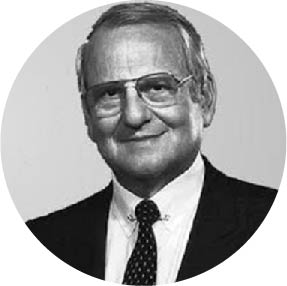Two companies are battling in court over the Greater Boston market for premium health care services known as “concierge medicine,” a lucrative business that is growing nationally even as the broader industry comes under pressure to control costs.
Concierge practices charge patients annual fees — typically about $1,500 to $1,800 — for quick access to, and more time with, their doctors. The national leader in concierge medicine, MDVIP Inc. of Florida, dominates the Boston market. Its smaller competitor, SignatureMD Inc. of California, has sued to break MDVIP’s grip in Boston and other metropolitan areas.
Jacobson said his company wants to do business in Massachusetts but can’t compete with MDVIP’s model, which includes 10-year contracts with physicians, followed by two years in which they can’t work for competitors. There are few other independent doctors left in Massachusetts for SignatureMD to target, he added.
“We’re using litigation to try to break monopolies in key markets,” Jacobson said. “If MDVIP is doing their job well, they shouldn’t need a non-compete.”
MDVIP’s spokeswoman, Nancy Udell, declined to comment on the company’s contracting practices but said its competitor’s allegations “are completely without merit and MDVIP is confident that it will prevail.”
Concierge groups allow patients to see their doctors within hours, not days, and also give doctors more time to see each patient.
She said the legal action was retaliation for a suit MDVIP filed against SignatureMD last year in Florida. In that case, MDVIP accused SignatureMD of stealing confidential information and trade secrets after hiring a former MDVIP employee. SignatureMD denies the allegations.
MDVIP contracts with about 700 doctors nationwide, including 13 in the Boston area, mainly in wealthy communities such as Newton, Wellesley, and Brookline. SignatureMD has just 70 physicians nationwide and none in Greater Boston.
The companies are warring for a fast-growing segment of the health care industry. There are at least 5,000 concierge medicine practices in the US today, a tenfold increase in the last five years, said Catherine Sykes, publisher of the trade publication Concierge Medicine Today.
Primary care doctors typically see thousands of patients a year to maintain their earnings. A concierge practice is limited to a few hundred patients, and the annual fee ensures a steady income stream for physicians.
This model allows patients to see their doctors within hours, not days. It gives doctors more time to spend with each patient and to discuss things like wellness and prevention.
For many concierge doctors, including those in MDVIP and SignatureMD practices, the fees come on top of regular insurance payments.
“We get calls every day from doctors all over the country looking for information on how they can possibly convert their practices,” Sykes said. “Many doctors are getting burned out, and they’re looking for alternatives.”
But when doctors convert to concierge practices, they may drop many longtime patients who don’t want or can’t afford to pay the annual fee.
“Concierge medicine can be a double-edged sword,” said Dr. Richard S. Pieters, president of the Massachusetts Medical Society. “[It] can have the effect of creating a two-tier health system.”
Priyanka Dayal McCluskey can be reached at priyanka.mccluskey@globe.com. Follow her on Twitter@priyanka_dayal.


